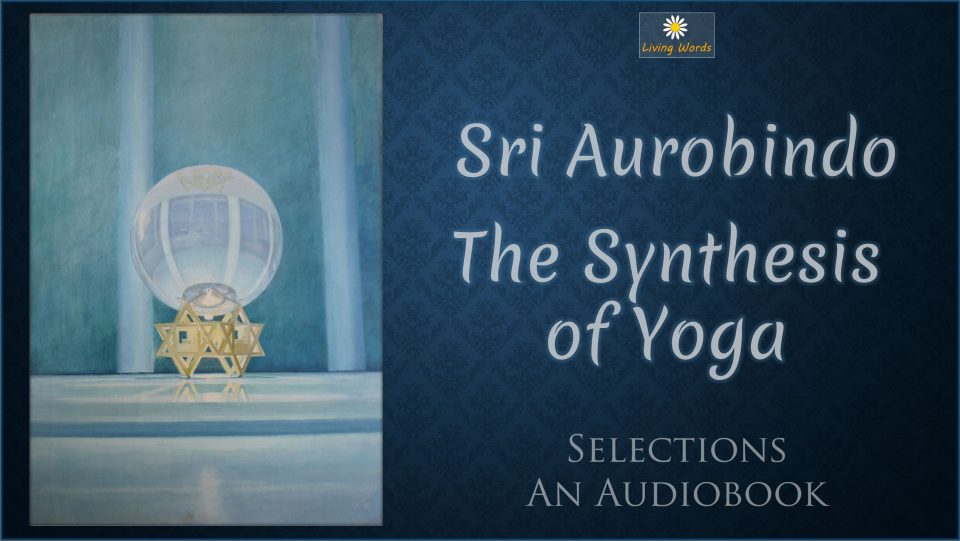3. The Way of Knowledge
3.4 Renunciation
Again our renunciation must obviously be an inward renunciation; especially and above all, a renunciation of attachment and the craving of desire in the senses and the heart, of self-will in the thought and action and of egoism in the centre of the consciousness. For these things are the three knots by which we are bound to our lower nature and if we can renounce these utterly, there is nothing else that can bind us. Therefore attachment and desire must be utterly cast out; there is nothing in the world to which we must be attached, not wealth nor poverty, nor joy nor suffering, nor life nor death, nor greatness nor littleness, nor vice nor virtue, nor friend, nor wife, nor children, nor country, nor our work and mission, nor heaven nor earth, nor all that is within them or beyond them. And this does not mean that there is nothing at all that we shall love, nothing in which we shall take delight; for attachment is egoism in love and not love itself, desire is limitation and insecurity in a hunger for pleasure and satisfaction and not the seeking after the divine delight in things….
Self-will in thought and action has, we have already seen, to be quite renounced if we would be perfect in the way of divine works; it has equally to be renounced if we are to be perfect in divine knowledge. This self-will means an egoism in the mind which attaches itself to its preferences, its habits, its past or present formations of thought and view and will because it regards them as itself or its own, weaves around them the delicate threads of “I-ness” and “my-ness” and lives in them like a spider in its web. It hates to be disturbed, as a spider hates attack on its web, and feels foreign and unhappy if transplanted to fresh view-points and formations as a spider feels foreign in another web than its own. This attachment must be entirely excised from the mind. Not only must we give up the ordinary attitude to the world and life to which the unawakened mind clings as its natural element; but we must not remain bound in any mental construction of our own or in any intellectual thought-system or arrangement of religious dogmas or logical conclusions; we must not only cut asunder the snare of the mind and the senses, but flee also beyond the snare of the thinker, the snare of the theologian and the church-builder, the meshes of the Word and the bondage of the Idea.
[CWSA 23: 329-330]




